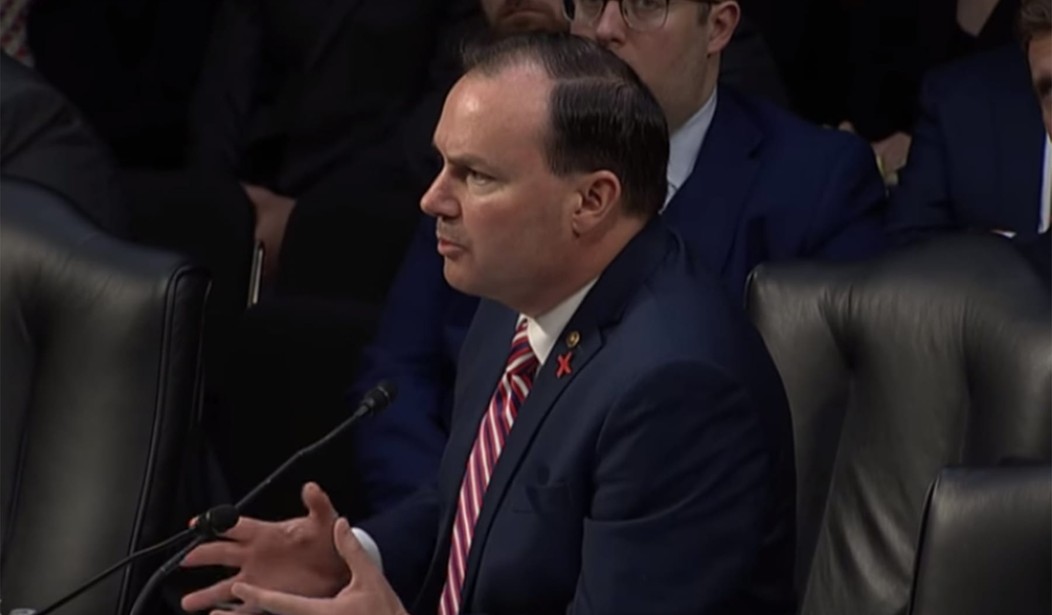Democrats have made it a habit to put the faith of the judicial nominees in the spotlight during their confirmation hearings, making the presence of faith a thing to be questioned in terms of fitness for a job.
As Sen. Mike Lee made very clear on Friday, however, the question of religious faith should go no farther than questioning whether a person’s faith will cause them to break their oath and duties to the positions they are applying for.
Senators like Hawaii’s Mazie Hirono, however, is one of the Democrats under the belief that certain beliefs may disqualify you from that position as it may run contrary to the whims of certain groups, such as the LGBT community.
Two days prior to this, Sen. Cory Booker grilled Neomi Rao, a nominee for the DC Court of Appeals, about her beliefs as stemmed from her Christian faith, namely about whether or not she thought homosexuality was a sin. Sen. Ted Cruz immediately swept in and chastised the Democrat for making the hearings a religious test.
It would appear that Lee picked up Cruz’s torch and launched into making it clear to Democrats that this isn’t how the committee should conduct itself.
The problem with asking a nominee about the particulars of his or her religious beliefs is that those questions inevitably expose those beliefs as somehow a qualifier or a disqualifier for public office. That is flatly inconsistent with at least the letter, at least the spirit if not also the letter, of at least two provisions of the Constitution. I cannot fathom why this would ever make sense to do.
There was a time in this country when people might have been asked in a job interview context, or in the context of a hearing, like those we hold here, whether someone believed in God, whether they were Christian. When they might have been asked those it was not for a good reason, because there is never a good reason in a public setting to ask that question, save perhaps, if you just want to make sure that that person’s religious beliefs do not require that person to betray the judicial oath. Beyond that, I can’t fathom a circumstance in which that would be appropriate.
Hirono fired back at Lee, denying that she has ever done such a thing.
(Side note: She had)
“These probing questions — if you were to list all of the questions that we ask, they have to do with whether or not these nominees’ very strongly-held religious views, as well as any other views that may not enable them to be objective as judges in lifetime positions, I think that’s a legitimate area of inquiry. And it is not that we all ask, ‘Do you think such and such is a sin, et cetera, et cetera —’”
“That was asked then. This week. This week it was asked. I’m not making this up,” Lee countered.
“We are not in the business of censuring each other’s questions to nominees or falsely assigning motives that don’t exist,” Hirono responded. “There is no religious test for nominees on this committee and to suggest otherwise is, to quote my friend from Utah, ‘wildly inappropriate.’”
Hirono went on to say that she’s merely questioning their religion (remember, she never does that) so that she can tell whether or not they’ll be fair to the LGBT community.
“I don’t care what religious views they have,” finished Hirono…who clearly cares.















Join the conversation as a VIP Member